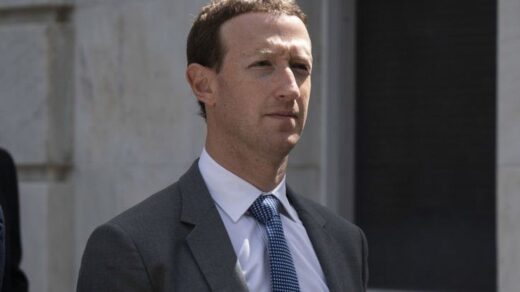All 27 leaders of the European Union (EU) have unanimously agreed on a €50bn financial aid package for Ukraine, despite previous opposition from Hungary. Ukrainian President Volodymyr Zelensky expressed gratitude for the funding, which he believes will bolster the economic and financial stability of his country. The first portion of the aid is expected to be received by Ukraine in March.
Hungary’s Prime Minister, Viktor Orban, who is known to be Russian President Vladimir Putin’s closest ally within the EU, had previously blocked the aid package at a European summit in December. Orban had questioned the EU’s commitment to fund Ukraine for the next four years and sought to force a reassessment of the bloc’s policy towards Ukraine.
The aid package is intended to cover pensions, salaries, and other expenses over the next four years. The announcement of the agreement came surprisingly quickly, less than two hours after the summit began. This was unexpected due to the anticipated lengthy discussions due to Orban’s disagreement with other EU leaders.
The new agreement includes an annual review of the aid package and an option for a two-year review if necessary. Orban had initially pushed for an annual vote on the package, which could have made it vulnerable to yearly veto threats from Hungary.
Ursula von der Leyen, President of the European Commission, hailed the agreement as a “good day for Europe.” Ukrainian President Zelensky emphasized that the decision was made by all 27 EU leaders and would enhance Ukraine’s long-term economic and financial stability.
The aid is crucial for Ukraine both financially and as a demonstration of Europe’s unified support. Ukrainian Foreign Minister Dmytro Kuleba emphasized that this was about Europe investing in its own security, as Ukraine is resisting Russia’s attempts to forcibly challenge the world order. Polish Prime Minister Donald Tusk, a critic of Orban’s opposition to the aid, expressed relief at the agreement, urging everyone to “move on.”









